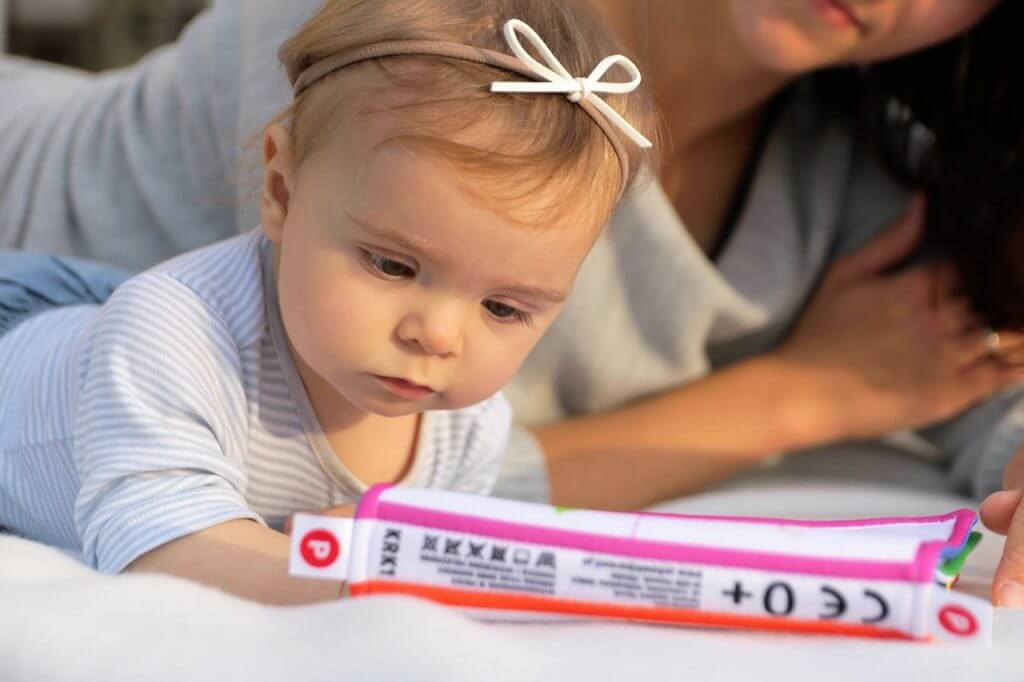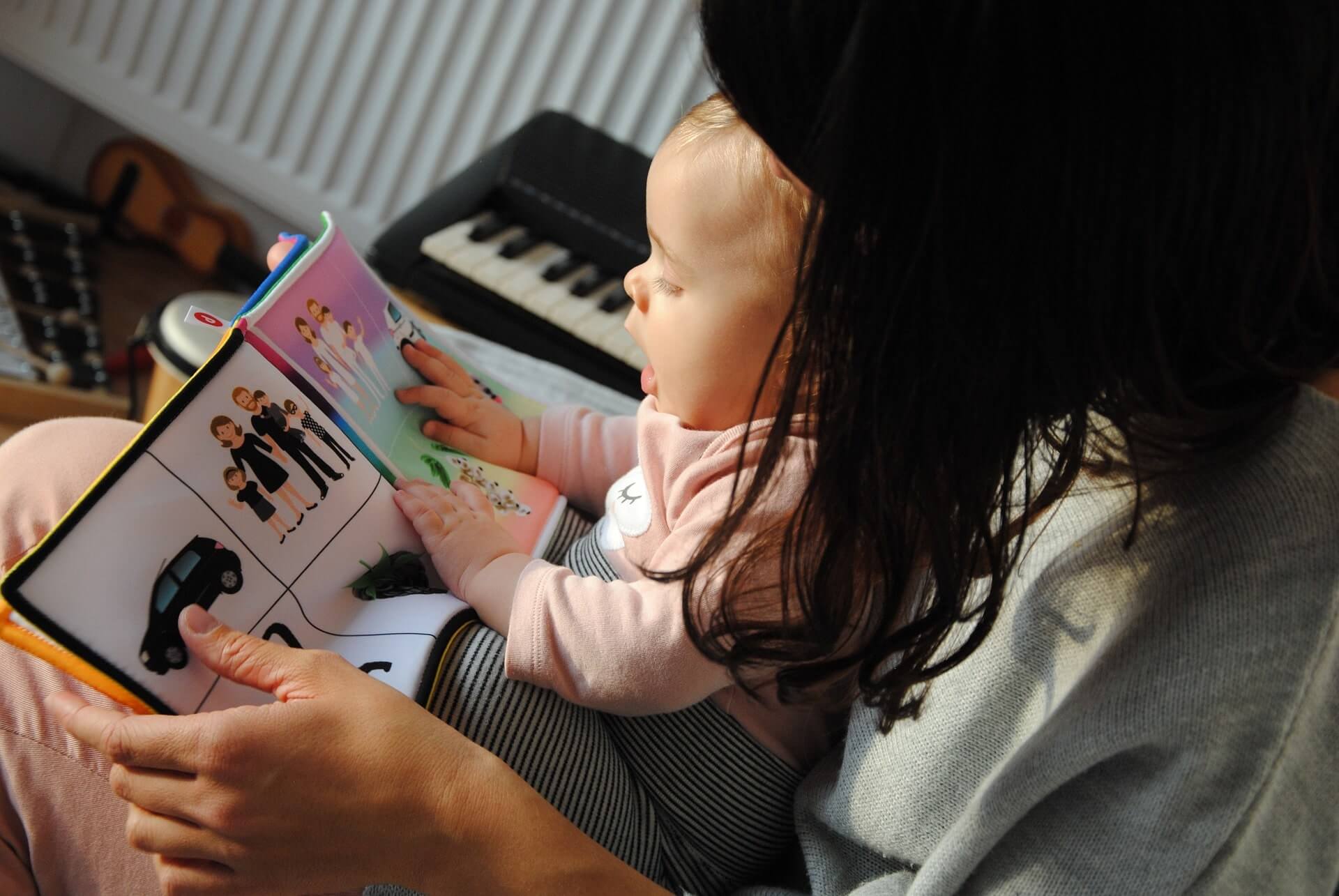Why Reading To A Child Is Important
When do you start reading with your child? Whilst pregnant, once they are born, when they are a toddler or when they start school? Most people will have a different opinion, however, at just a few months old a child can recognise their parent’s voice and react. Reading during and after pregnancy is often soothing to both parent and child and encourages a routine to develop.
Before a child can read printed words and understand them, they gain an appreciation of sounds and language. As an adult, reading to a child aloud develops a child’s awareness of the world around them, stimulates their imagination and builds bonds with others. Through listening, children prepare their skills to understand the written word. Naturally, with time and practice, language and reading becomes easier for children. Once able to read independently, reading becomes more than just words on a page. Instead, they become a source of knowledge, a soundboard for questioning and a pastime which is pleasurable.
Whilst young, children and adults should be encouraged to continue to read together. In doing so, a child’s reading level can be stretched and an interest in subjects above their current reading age can be sparked. It is this ‘interest’ through joint reading, which will further motivate children to expand upon their reading skills.

Make Reading Routine
Day to day life can be chaotic especially with young children. Despite the busyness, reading should still become part of a child and parent’s routine. Regularly scheduled, this time can become an opportunity to bond and learn from each other. However, do not become dissuaded if you are unable to read every day. Instead, read in the world around you. Encourage your child to read signs on buildings, instructions on packaging or recipes at dinner time. Opportunities to read are all around, whether it is reading a newspaper aloud or playing a game, reading is worthwhile.
Again… and again…
Many children choose to favour a particular book whilst growing up. Can you remember your favourite? Can you remember who read it to you and where you were? These memories are life long and often, though as an adult you may find the book boring, to a child something about that book sparked their interest or met their emotional needs. So be patient, ask questions and share in their excitement when reading the book. Continue to reveal new texts and over time children will explore new stories as they grow and develop.
As a parent or adult within the classroom, it is important to expose children’s texts and the written word. Whether this is on posters, books or through play, learning is key. Reading is not only a necessary tool in life, but instead, it is also a means to develop our minds, challenge assumptions and relax. Reading can be pleasurable as well as practical.
As a team, children and adults begin a journey exploring the written word. This practical skill, once a child has grown, allows them to function in life and in work. Yet they will still be able to recall that very first book that they favoured as a child and wanted to read again and again. It is from that moment, looking back, that a love of reading was born and why reading is appreciated as a joy and not a chore.

